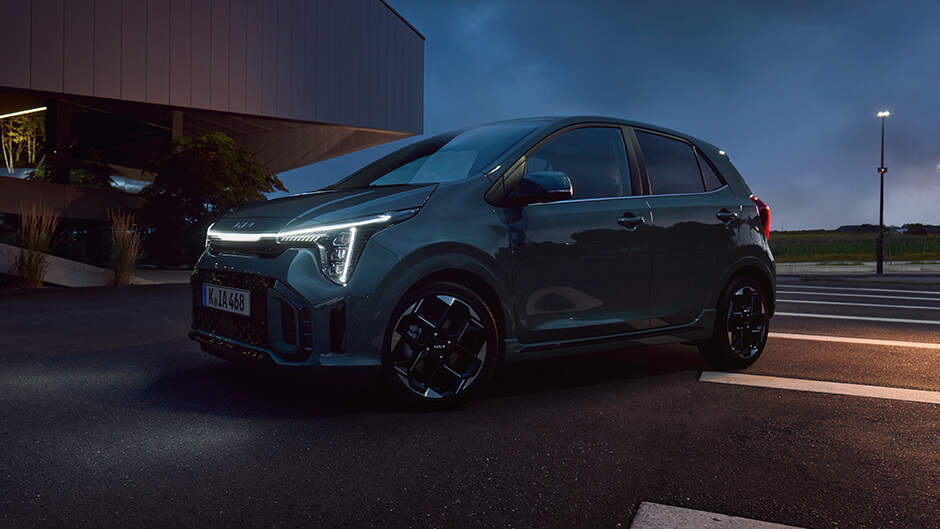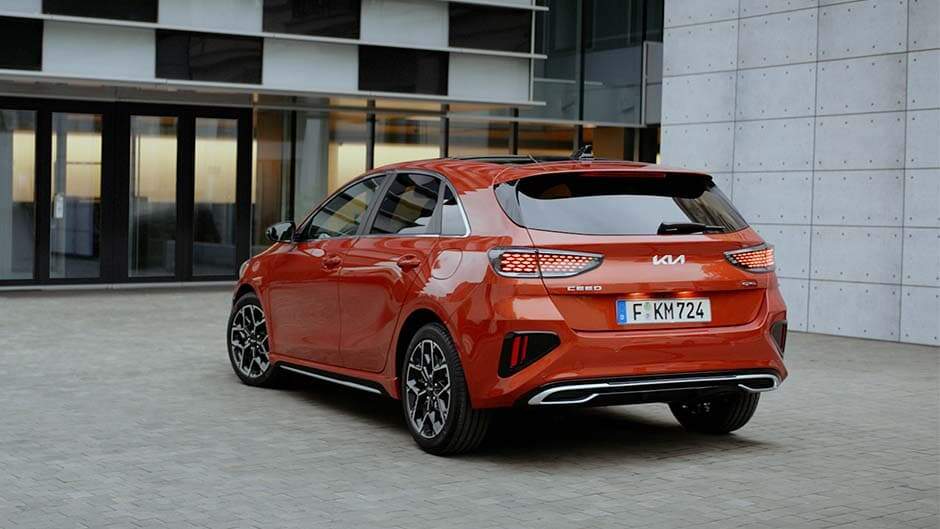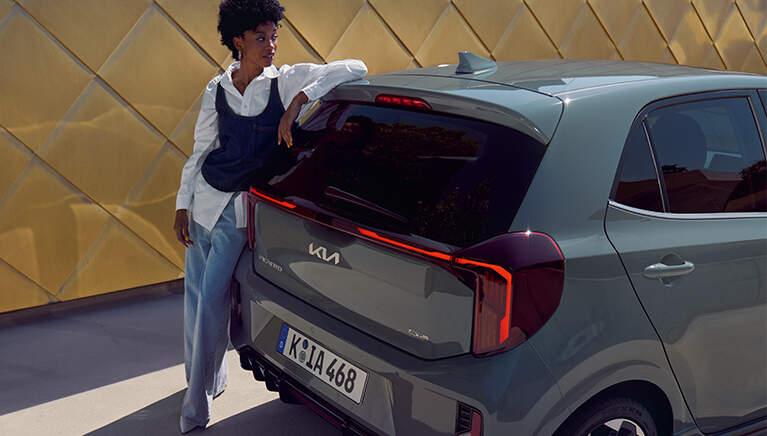What is a Hatchback?

What is a Hatchback?
Hatchback cars
are a staple of the automotive industry. Known for their compact styling, easy loading and simple driving reputation, the small hatchback cars have enjoyed enduring popularity in the UK car market.
The technical definition of what ‘hatchback’ means goes beyond just a small car. In fact, a hatchback is the official term to describe a car with a rear door, incorporating the rear window, that swings upward to create a large loading space.
But there’s a lot more to hatchback cars than just a quick definition. Let’s delve into what exactly distinguishes hatchbacks from other car types and how these industry favourites can transform your driving experience.

What is considered a Hatchback?
Hatchback can be the technical term for a car body type or a more specific car category.
In technical terms, a ‘hatchback’ refers to vehicles that have a fifth door at the rear that spans the width of the car and provides access to the main compartment of the car. This is the hatch. It’s the defining feature of this car type.
Hatchback has also become a more specific term to describe a car category. Hatchback cars
are now widely recognised as smaller cars that use compact styling and a 5-door, hatch boot model.
At Kia, our hatchback range includes the new Kia Picanto
and the Kia Ceed.

What’s the difference between a hatchback vs a saloon car?
If you’re choosing between a hatchback and a saloon car, the key difference is the boot and how it opens.
In a saloon car, the boot hinges below the rear window, making it separate from the passenger compartment. Meanwhile, in a small hatchback car, the rear window is incorporated into the boot. The boot hinges upwards, meaning the whole rear end of the car opens. Hatchbacks therefore have a much bigger opening, making them far easier to load with luggage or any kind of cargo.
While they’re not as practical as hatchbacks, saloon cars
tend to have a more executive image and are often used as business vehicles.

What’s the difference between a hatchback vs an SUV or an estate car?
Unlike a saloon car, both SUVs and estate cars also use a hatchback boot lid, with a large fifth door at the rear to enable easy loading. While both these models are based on a hatchback body type, they are still considered completely different car categories.
If you’re comparing an SUV to a hatchback, the key difference is size and styling. SUVs
tend to be much bigger cars, traditionally with rugged styling and a high ground clearance. They’re a particularly popular model among families, as they often accommodate more passengers and boast greater driving visibility.
Hatchback cars
traditionally have much smaller, compact bodies that sit closer to the ground. Small hatchback cars are particularly popular among city drivers, as their compact size makes for easier parking and manoeuvring. According to Car and Driver,
hatchbacks successfully ‘combine the versatility of an SUV with the more engaging driving dynamics of a car”.
Estate cars
are also bigger than hatchbacks and tend to sport a longer body with a larger, boxier rear. This also makes way for a larger boot and, typically, generous rear seat space, making them a popular family car.

Small Cars with Lots to Offer: The Kia Hatchback Range
Sleek and sporty, our hatchback
range is built to provide ultimate convenience, premium comfort and simple driving pleasure.
Headlining the range is the new Picanto.
Now available to order, the Picanto is the newest generation of one of our most popular hatchback models.
This new model showcases an enhanced styling, with new signature features like the expanded grille and wider rear profile. Inside, the interior boasts an improved cabin space, with lounge-style, artificial leather seats and a new 4.2-inch LCD digital cluster display.
Images shown are for illustration purposes only and may not be to full UK specification. Features shown are not standard across the Kia model range and availability will vary dependant on model. For further details please refer to the individual model specification sheets.
Product availability varies by models. To find out which products are available for your vehicle, please contact your Kia dealer.

